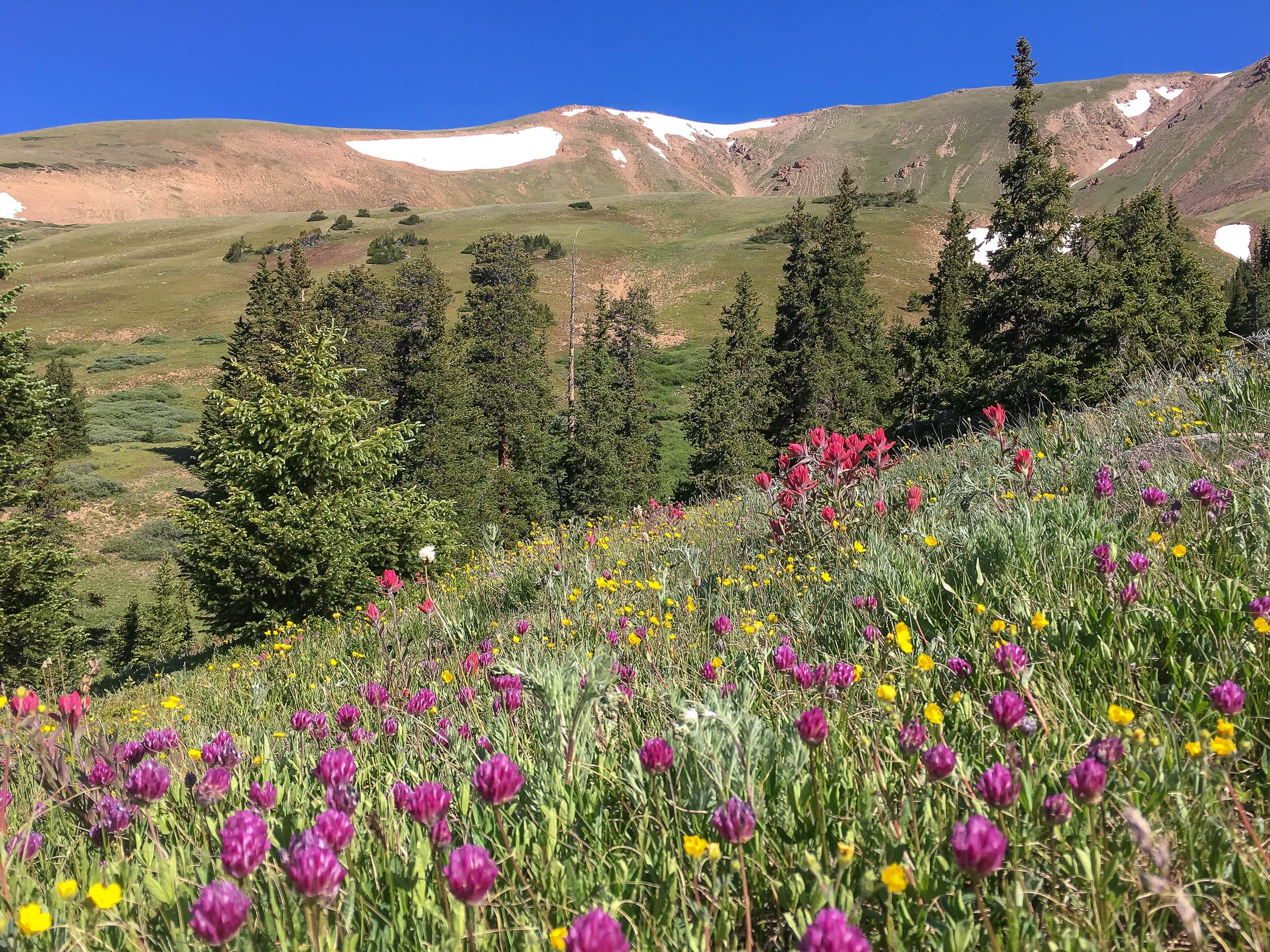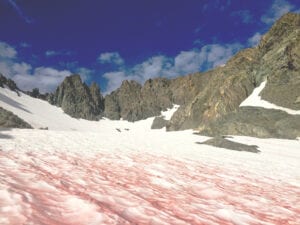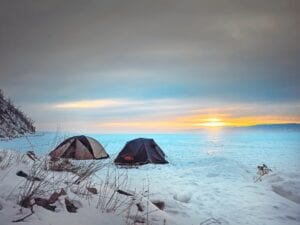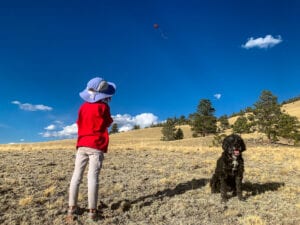Respecting nature while camping
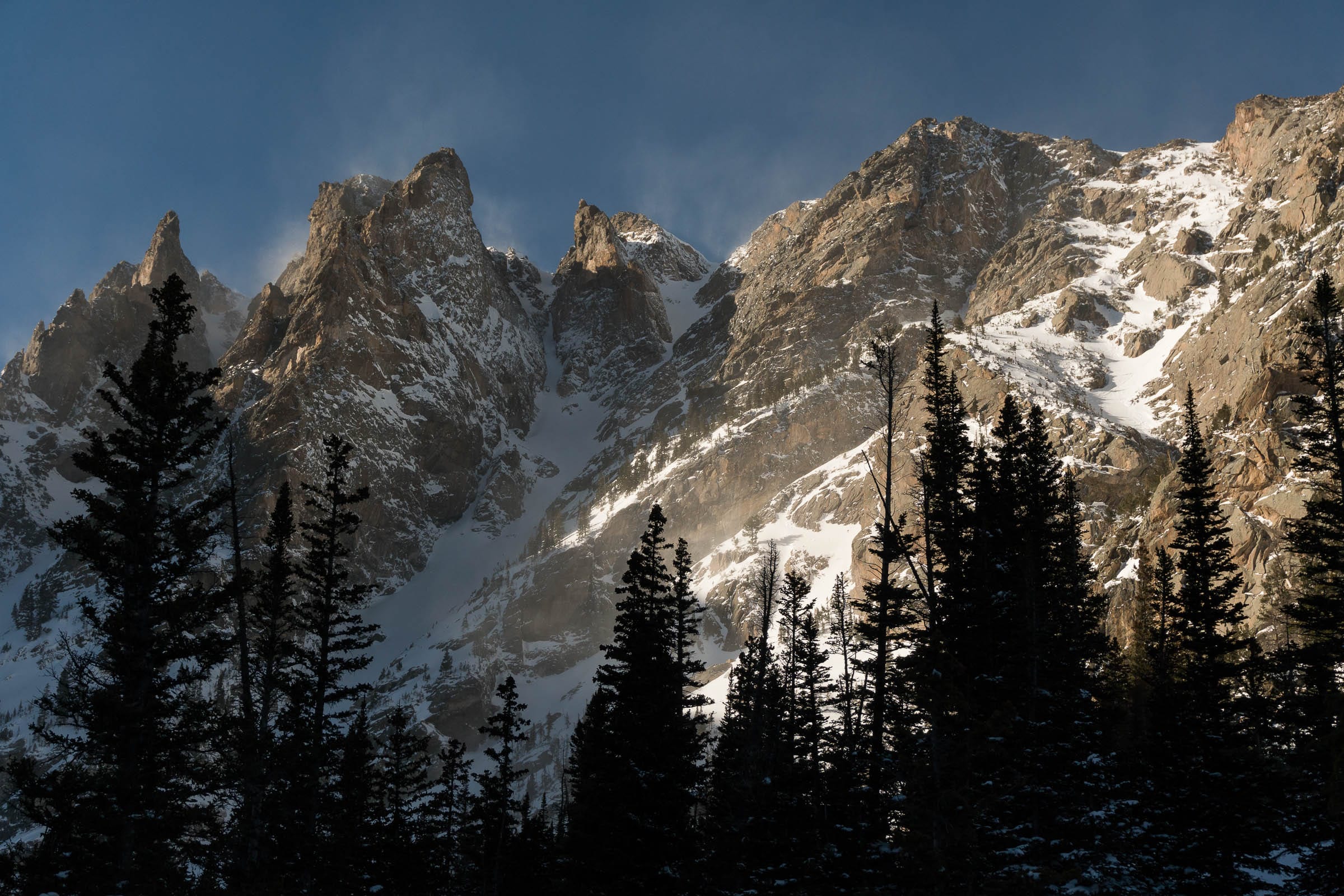
You may have heard of the ex-Scout leaders in Utah who were prosecuted after they knocked over a massive, 170,000-year-old rock formation (and then cleverly posted to YouTube a video of the stunt.) We’re sure our readers wouldn’t manifest disrespect for nature in nearly so brazen a fashion, but it’s always helpful to learn more tips for respecting nature while camping.
The Leave No Trace principles are a set of guidelines created by the Leave No Trace Center for Outdoor Ethics that help ensure humans minimize their impact on the natural environment. Though we recommend consulting the Leave No Trace website for additional details, the guidelines boil down to the following:
Plan ahead and prepare
- Poor planning can lead not only to discomfort but also to resource damage; for example, if would-be campers fail to research fire restrictions and bring food that requires cooking to a no-burn zone, the campers may wind up making an illegal and dangerous
Travel and camp on durable surfaces
- Stay on trails when possible; when off trail, walk on rocks or snow if you can; avoid trampling vegetation (especially wet meadows) and cryptobiotic (living) soils in deserts.
- In high-use areas, choose campsites 200 feet from water, on ground already highly impacted.
- In pristine areas, also select campsites 200 feet from water, and take all possible steps to minimize trampling.
- Along rivers, camp on non-vegetated areas like beaches when feasible.
Dispose of waste properly
- Appropriately dispose of human waste (see our peeing/pooping page).
- Pack out all garbage and recyclables.
- Wastewater, whether from cooking or washing oneself, should be dispersed more than 200 feet from water bodies.
Leave what you find
- Leave rocks, plants, and archaeological items as you find them.
- Don’t alter a campsite any more than necessary.
- Don’t damage plants and trees, for example, by carving initials into trees, making teepees out of branches, or picking a bouquet of wildflowers.
Minimize campfire impacts
- Don’t build fires where wood is scarce.
- Use existing campfire rings.
- Don’t build fires under rock outcroppings where smoke can leave black scars.
- Follow good practices to ensure your campfire is completely extinguished.
Respect wildlife
- Observe wildlife from afar and quietly (except bears, who you should warn of your presence with noise).
- Follow good practices to avoid water contamination, as discussed above.
Be considerate of other visitors
- Listen to music only in ways that don’t disrupt others’ quiet enjoyment of nature.
- Follow trail etiquette, such as the principle that hikers moving downhill should generally yield to hikers moving uphill and that bikers should yield to hikers.
